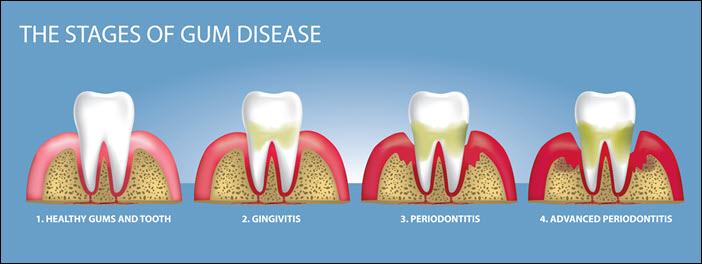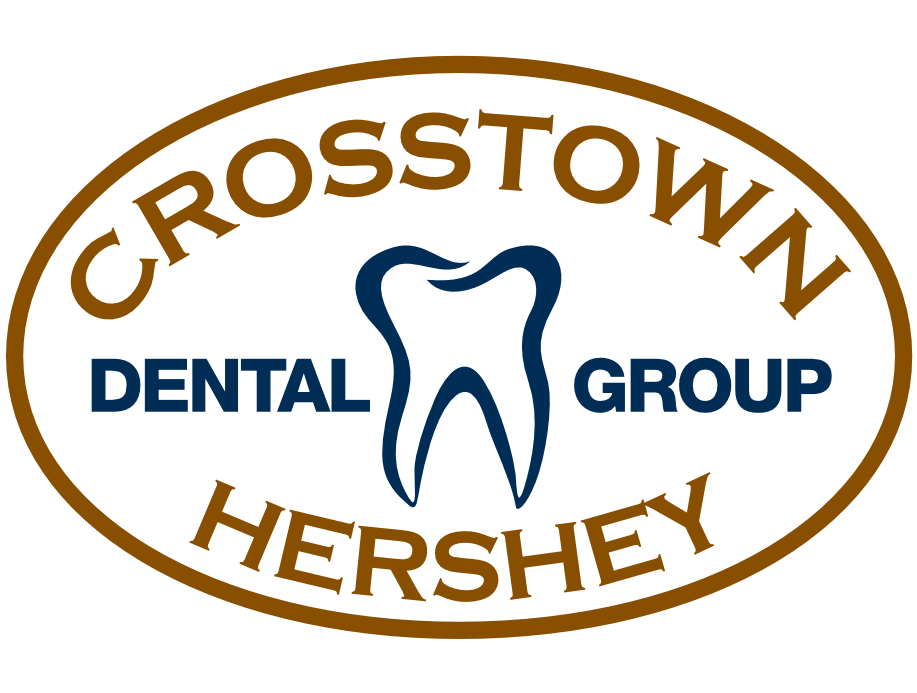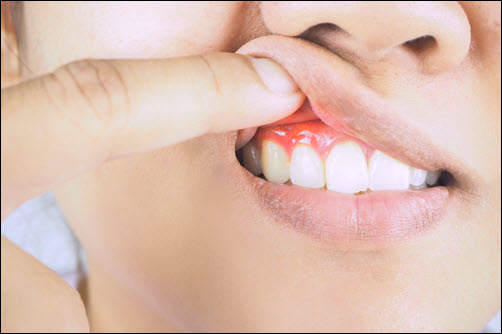Preventing and Treating Gingivitis
Gingivitis is the early stage of periodontal disease, also known as gum disease. It affects thousands of Americans each year and causes a great deal of pain. But you don’t have to be one of those who struggle with gum disease and its associated symptoms. You can take proactive measures to keep gingivitis from being a part of your dental records.
What Causes Gingivitis?
While several things can cause gingivitis to develop, the most common is poor oral hygiene. You need to do your part as you have control over this. Being intentional in brushing twice a day for two minutes and flossing twice daily is one of the best things you can do to avoid gingivitis. This is because gingivitis occurs when plaque builds up on your teeth. The plaque becomes an irritant in the body. The body fights back by causing inflammatory cells to fight the irritant. When this occurs, the gums become sensitive, sometimes swollen, and may bleed.

However, poor brushing and flossing are not the only contributors to gingivitis. Smoking, chewing tobacco, certain medications, diabetes, pregnancy hormones, poor nutrition, and a compromised immune system can also cause gingivitis. Some of these factors are situations you have little control over. However, taking proactive steps to prevent gum disease can help.
Preventing Gum Disease
- Employ the 2/2/2 rule. Floss, then brush for 2 minutes twice daily and see your dentist twice yearly.
- Avoid tobacco.
- Drink plenty of water.
- Eat healthily.
- If you have diabetes, then be vigilant in managing your blood sugar.
Symptoms of Gingivitis
- Accumulation of plaque or tartar at the gum line
- Chewing is painful
- Dark red gums
- Gums that bleed when you brush or floss
- Halitosis (bad breath)
- Loose teeth
- Receding gums
- Swollen/puffy gums
- Tooth sensitivity
Professional Treatment for Gingivitis
- Deep cleaning, known as scaling and root planing
- Medicated mouth rinses, antibiotic gel, or oral antibiotics
- Surgery or bone and tissue grafts to restore damage.
Gingivitis is common, but that doesn’t make it unimportant. The sooner you start treatment for gum disease, the lower the risk of it becoming periodontal disease- a much more serious issue. If you suspect you are experiencing red, sore, or swollen gums, don’t ignore it. Give Crosstown Dental Group Hershey a call to determine what treatment approach(es) are best for you.

